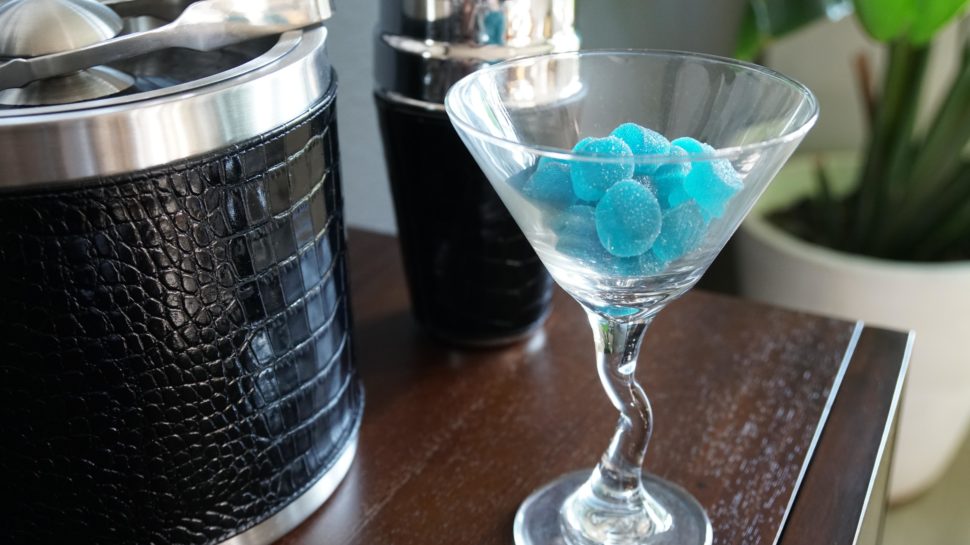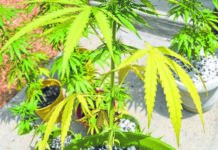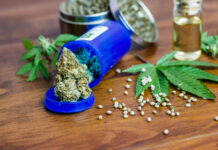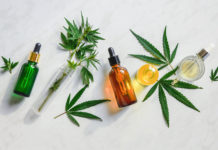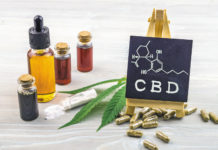When the Cannabis enthusiasts were busy decoding the difference between CBD and Delta 9 THC, a new cannabinoid took over the market, namely Delta 8 THC.
While some were praising it, others came out with rumors about it. Some of those myths are still floating around. So, it is time to clean the air with facts on it. Like Marijuana or Cannabis, Delta 8 edibles also became a topic of discussion.
Myths and Facts Around Delta 8 Edibles
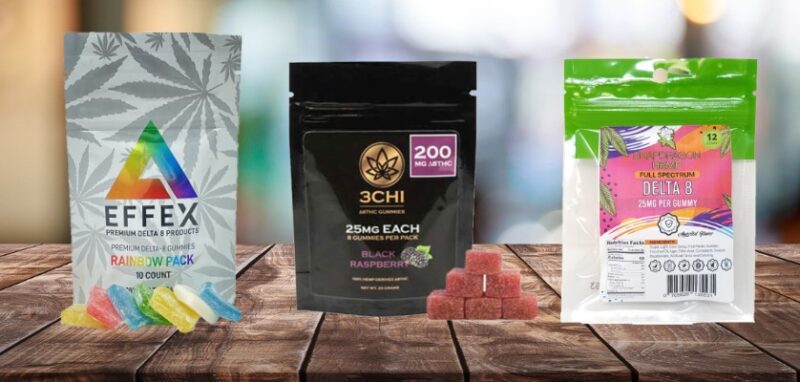
Here is a list of facts and myths on various fields of Delta 8 THC.
1. Legal Status
Myth: Delta 8 is illegal; Fact: Delta 8 edibles are not legal everywhere
You might have heard people claiming Delta 8 THC is illegal as it is a Cannabis product or has psychoactive effects. While these things are true, the substance is still federally legal.
The farm bill of 2018 allows all hemp derivatives that contain less than 0.3% of THC. So, if edible consists of delta 8 THC derived from hemp plants, it would be legal federally. The DEA authorities have concern over its legal status because of its extraction process. But by and large, it is a federally legal drug.
Another thing to remember about the legal status is that it is not legal everywhere. Some states do not allow the consumption of the edibles in their state. However, you can carry delta 8 edibles from one state to another if legal in both states. You can check budpop.com for more information about this product.
2. The Extraction Process
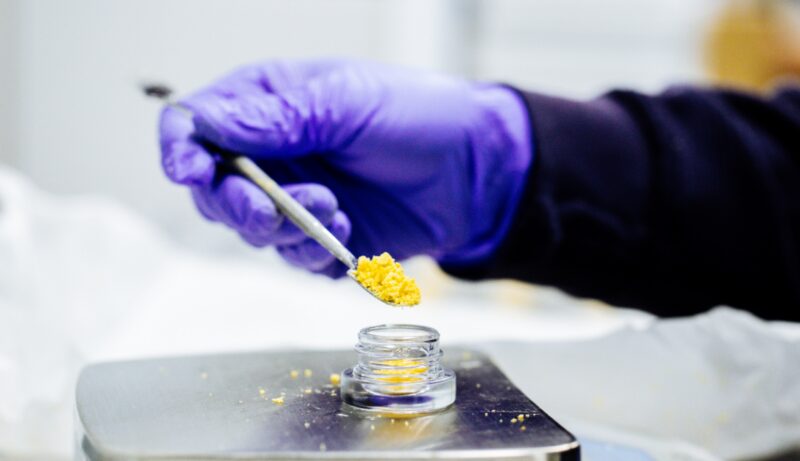
Myth: Delta 8 is synthetic; Fact: Delta 8 THC is a natural cannabinoid
Like CBD, the cannabis plant also contains Delta 8 THC. Unfortunately, the amount is too low for commercial extraction and uses. To overcome this issue, manufacturers came out with an alternative.
They began producing Delta 8 through isomerizing CBD. While this sorted the commercial use of the drug, it raised another issue of legality. Many authorities, who want to make Delta 8 THC illegal, give this a reason to keep Delta 8 THC in schedule 1 drug.
Fortunately, till now, the efforts of DEA have gone in vain as Delta 8 THC is a lot different from many synthetic THC that have already been verified as harmful. That is because we see that the substance occurs naturally. However, it gets prohibited only in cases where Delta 8 is synthesized.
3. The Safety of Delta 8 Edibles
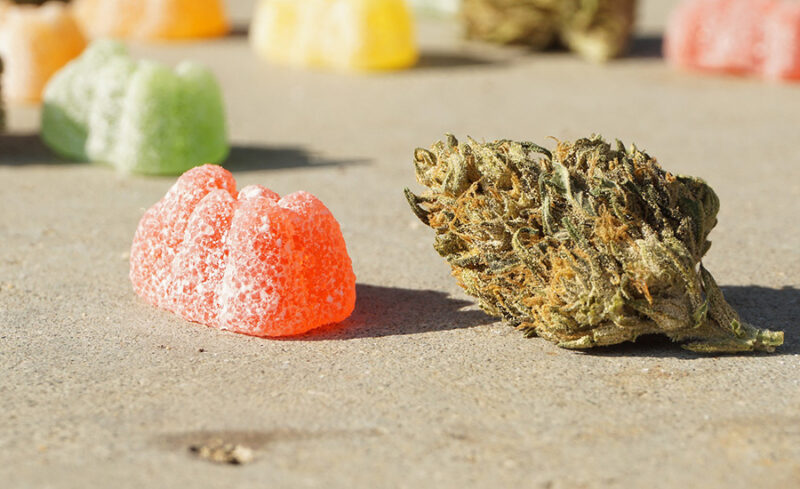
Myth: Delta 8 Edibles are dangerous; Fact: They have Negligible side effects
Since Delta 8 THC is similar to Delta 9 THC and other cannabinoids, most people perceive it harmful or dangerous. However, the truth is that it is comparatively safer than Marijuana, and it has not shown any toxic signs till now.
A study aimed to understand the harmful effects of Cannabinoid states, “…among the average adult user, the health risks associated with cannabis use are likely no more dangerous than many other indulgences, including alcohol, nicotine, acetaminophen, fried foods, and downhill skiing.” It has some side effects, such as red eyes, typical cottonmouth, and sometimes short-term memory impairment. However, all these effects are short-term and get cured sometimes after consumption.
Another thing to know is that overconsumption of anything is harmful. Although Delta 8 is safe, you might have to face intense side effects if you consume more than the required amount. Also, a significant danger associated with Delta 8 THC is the consumption of impure products. So, make sure you consume products from reputed stores or sites. Pure Delta 8 can also turn out to be risky if you indulge in silly affairs after consuming it, like driving. You also need to stay out of this substance if you are drinking alcohol or are a pregnant woman. Also, you need to talk to our doctor first if you are under any prescribed medication and planning to start with Delta 8.
4. The Psychoactive Properties of Delta 8 THC
Myth: Delta 8 edibles can give an intense high; Fact: It is mild psychoactive
You might think that Delta 8 THC makes you as high as Delta 9 THC. But this is not true. While Delta 8 has psychoactive properties, it is less potent than Delta 9. So, you might feel mild psychoactive. The onset of the high feeling generally lasts for 30-90 minutes, and it offers a sense which is slightly different from smoking THC. This elevated feeling is long-lasting as our body reacts differently when THC is eaten. However, any activity will become habit-forming if consumed incorrectly, and the same applies to this drug.
If you want to consume a cannabinoid for only recreational purposes, you should not choose D8 edibles. Also, the substance is not addictive if consumed cautiously.
5. Delta 8 THC and Delta 9 THC
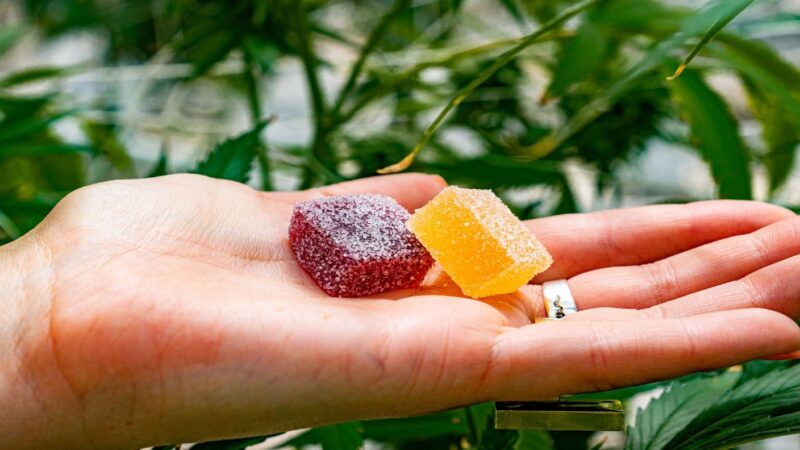
Myth: All THC are similar; Fact: Each THC work differently
The similarity in name with Delta 9 THC makes people think that Delta 8 and 9 have the same effects. While they have similar features in some cases, D8 is like the younger and less aggressive sibling of Delta 9. They bind to the CB1 and CB2 receptors of the human body’s endocannabinoid system. However, the latter attracts the CB1 receptor, making it more psychoactive. They might also react with our bodies in the same way when we ingest them.
On the other hand, D8 THC attracts more to the CB2 receptor, making it comparatively less psychoactive. CBD, another cannabinoid from Cannabis plants, does not bind with these receptors but works on them differently. Thus, it is non -psychoactive.
So, discussed were some myths and facts about Delta 8 THC.
Conclusion
Delta 8 THC is a comparatively new cannabinoid in the market. So, many people do not know about it and fall into the trap of misconceptions. It becomes essential to burst the myths and put facts in front in such a situation. This article will also help you make your acquaintance aware of D8 edibles and you can continue your Delta journey with ease.

